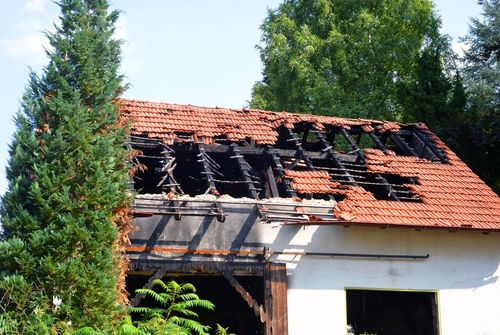Your roof is damaged, and water seeps through your home. The insurance company that promised to protect you denies your storm damage claim or offers far less than the cost of needed repairs. Miami homeowners face this reality every hurricane season, watching repair costs mount while insurance companies protect their profits instead of policyholders.
At Your Insurance Attorney, we’ve recovered significant amounts for storm damage victims throughout Miami-Dade County. From Brickell’s high-rises to South Beach’s historic homes, we know how devastating storm damage affects Miami families. When insurance companies fail you, our Miami storm damage lawyers stand ready to fight for every dollar you need to rebuild.
 After a claim denial, act quickly to build a clear paper trail—use the checklist below to protect your rights and strengthen any appeal or lawsuit:
After a claim denial, act quickly to build a clear paper trail—use the checklist below to protect your rights and strengthen any appeal or lawsuit:
Under Florida Statute 627.70132, you must notify your insurer within one year of the damage date for new claims, reduced from the previous two-year deadline. Supplemental claims must be filed within 18 months. However, pursuing bad faith claims involves different deadlines and specific notice requirements. These strict timeframes make immediate legal consultation critical after a claim denial.
Hidden storm damage often emerges weeks or months after the initial storm. Slow leaks, foundation settling, and mold growth may not appear immediately. Document the discovery date, obtain professional evaluations linking damage to the storm, and contact an attorney immediately. Insurance companies frequently deny these claims, but experienced lawyers know how to prove causation and timing.
Yes, you can change attorneys at any time during your case. Your new attorney will coordinate with your previous lawyer regarding file transfer and fee arrangements. If you’re receiving poor communication, feeling pressured to accept inadequate settlements, or losing confidence in your representation, seeking new counsel protects your interests. Most attorneys offer free consultations to evaluate your options.
Expert opinions often determine claim outcomes. Engineers, contractors, mold specialists, and meteorologists provide testimony insurance companies cannot easily dismiss. Your attorney coordinates necessary experts when relevant to your case, advancing costs so financial constraints don’t compromise your case. The right expert team can transform denied claims into successful recoveries.
Insurance companies may make better offers once attorneys get involved. Your attorney will evaluate any settlement against your total damages, future needs, and case strength. Never accept offers directly from insurance companies after retaining counsel—let your attorney negotiate compensation while protecting your rights.
2300 Maitland Center Parkway
Suite 122
Maitland, Florida 32751
We truly care about getting the best results for you. Our goal is to help you through powerful representation from start to finish. We work with clients all over the states of Florida, Georgia, Colorado, North Carolina, and California.